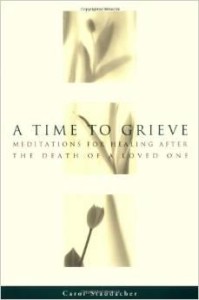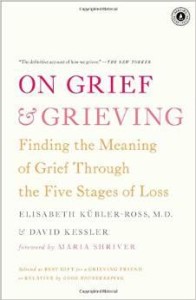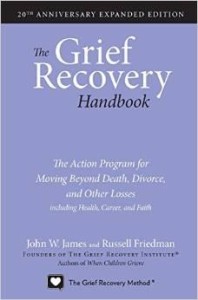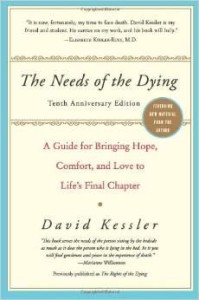Bereaved Parents and Caregivers
“If ever there is tomorrow when we’re not together…there is something you must always remember. You are braver than you believe, stronger than you seem, and smarter than you think. But the most important thing is, even if we’re apart…I’ll always be with you.”
Winnie the Pooh by A.A. Milne
Each day, we remember our community of families who miss their loved ones lost to Batten disease. In 2013, there were 55 children known to BDSRA who passed away. We are deeply saddened but not alone in our grief journey. We remember with sadness but also recall the hope, smiles and courage.
BDSRA services and support continue to be available and helpful to families after their loved one has passed. We send an arrangement of flowers to families at the time of the loved one’s passing and provide the family with a copy of bereavement book that can serve as a source of strength and comfort. Bereaved families can also stay in touch through the BDSRA Closed Facebook Group for Parents and Caregivers and at the Annual BDSRA Conference for families. The conference concludes with a heartfelt tribute to lost loved ones with the Memorial Service and display of the Memorial Wall.
Links
The Dougy Center – The National Center for Grieving Children and Families
http://www.dougy.org/
The Dougy Center provides support in a safe place where children, teens, young adults, and their families grieving a death can share their experiences. They provide support and training locally, nationally and internationally to individuals and organizations seeking to assist children in grief. Services are free of charge.
Books

“A Time To Grieve – Meditations for Healing After The Death of a Loved One” by Carol Staudacher
A collection of truly comforting, down-to-earth thoughts and meditations — including the authentic voices of survivors — for anyone grieving the loss of a loved one.

“On Grief and Grieving – Finding the Meaning of Grief Through The Five Stages of Loss” by Elisabeth Kübler-Ross and David Kessler
Elizabeth Kübler-Ross wrote the book on death and grieving. Her seminal first book, On Death & Dying, set the standard for counseling about mortality and mourning. Counselors discovered that the five stages of dying that she identified (denial, anger, bargaining, depression, and acceptance) also applied to other difficult and catastrophic life crises. In her final book, completed before she died in 2004, Kübler-Ross and coauthor David Kessler revisit the five stages to create a deeply emphatic and accessible guide for those in grief. In this powerful book of guidance, Kübler-Ross utilizes practical wisdom and spiritual insights garnered from her decades of experience as a psychiatrist, humanitarian, and grief counselor.

“The Grief Recovery Handbook” by John W. James and Russell Friedman
Incomplete recovery from grief can have a lifelong negative effect on the capacity for happiness. Drawing from their own histories as well as from others’, the authors illustrate how it is possible to recover from grief and regain energy and spontaneity. Based on a proven program, The Grief Recovery Handbook offers grievers the specific actions needed to move beyond loss. New material in this edition includes guidance for dealing with:
- Loss of faith
- Loss of career and financial issues
- Loss of health
- Growing up in an alcoholic or dysfunctional home

“The Needs of the Dying” by David Kessler
In gentle, compassionate language, The Needs of the Dying helps us through the last chapter of our lives. Author David Kessler has identified key areas of concern: the need to be treated as a living human being, the need for hope, the need to express emotions, the need to participate in care, the need for honesty, the need for spirituality, and the need to be free of physical pain. Examining the physical and emotional experiences of life-challenging illnesses, Kessler provides a vocabulary for family members and for the dying that allows them to communicate with doctors, with hospital staff, and with one another, and—at a time when the right words are exceedingly difficult to find—he helps readers find a way to say good-bye. Using comforting and touching stories, he provides information to help us meet the needs of a loved one at this important time in our lives.


